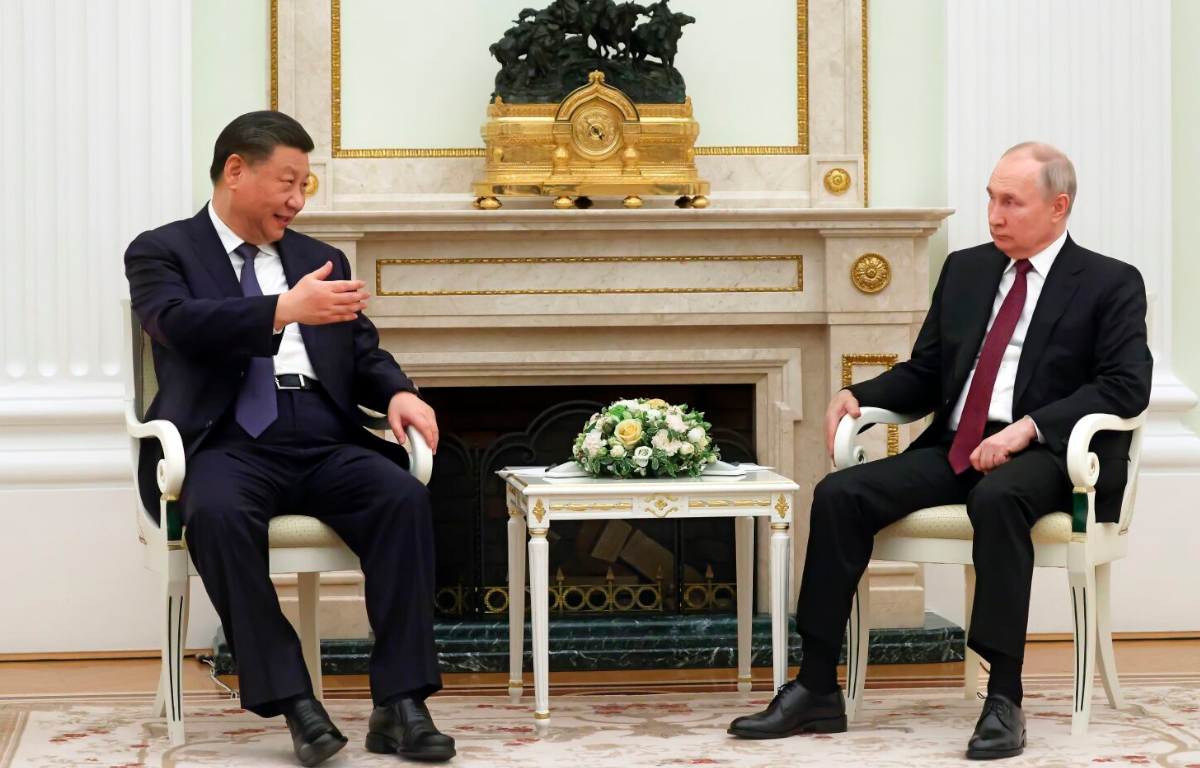
Argentina has long struggled to combat illegal, unreported, and unregulated (IUU) fishing in its waters, with Chinese fleets often at the center of the controversy. In 2016, Argentina seized a Chinese vessel and its crew for fishing illegally within its EEZ, and since then, it has increased its efforts to monitor and control fishing in the region.
The latest incident has prompted Argentina to deploy naval vessels and aircraft to monitor the area, and it has called on China to cooperate with its efforts to prevent IUU fishing. The disappearance of the vessels has also sparked protests by Argentine environmental groups, who are concerned about the impact on the region’s biodiversity and the livelihoods of local fishermen.
China has denied any wrongdoing and has stated that the vessels were operating legally in international waters. However, Argentina has challenged this claim, arguing that the vessels were fishing in its EEZ without proper authorization.
The incident highlights the ongoing tensions between China and other countries over fishing rights and maritime boundaries. As China’s fishing fleet expands into new regions, it is increasingly coming into conflict with other countries’ interests and sovereignty.
In addition to concerns about IUU fishing, there are also concerns about the impact of China’s fishing practices on the environment. Chinese fleets are known for using destructive fishing methods, such as bottom trawling, which can have devastating effects on marine ecosystems. According to a study published in the journal Marine Policy, China’s distant-water fishing fleet is the largest in the world and has been responsible for 40% of global fishing pressure since 1950.
The incident in Argentine waters is just the latest in a series of maritime conflicts involving China’s fishing fleet. In recent years, Chinese vessels have been involved in disputes with countries such as Indonesia, the Philippines, and South Korea over fishing rights and maritime boundaries.
As the demand for seafood continues to grow, it is likely that these conflicts will only intensify. To address the issue, there is a need for greater international cooperation and regulation to ensure sustainable fishing practices and protect marine biodiversity. The United Nations Convention on the Law of the Sea provides a framework for managing marine resources and resolving disputes between countries, but it is often difficult to enforce.
In addition, there is a growing recognition of the need for more effective monitoring and enforcement of fishing regulations. Technology such as satellite tracking and electronic monitoring can help to detect and deter IUU fishing, but it requires investment and cooperation from governments and the fishing industry.
The incident in Argentine waters highlights the urgent need for action to address the growing problem of IUU fishing and protect the world’s marine resources.










Share this: